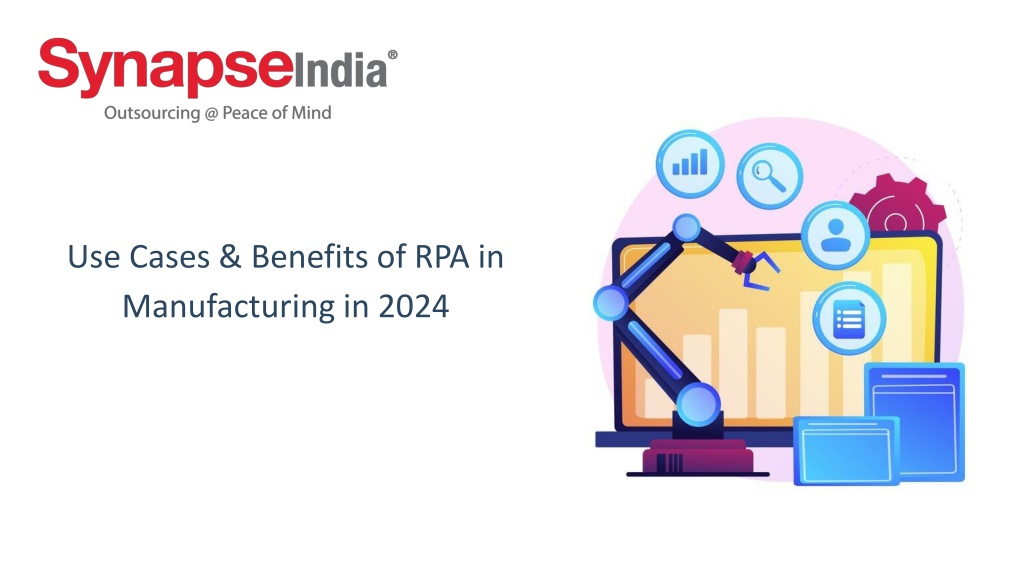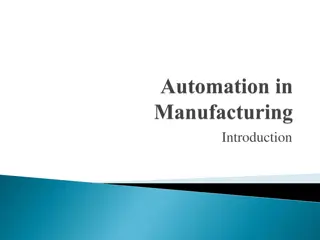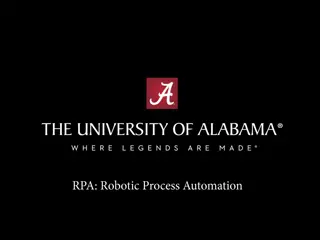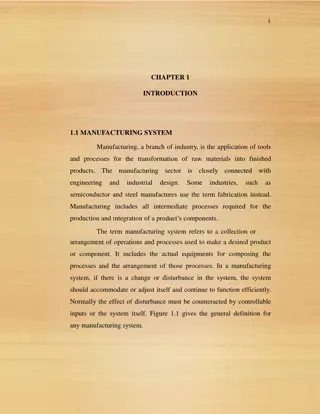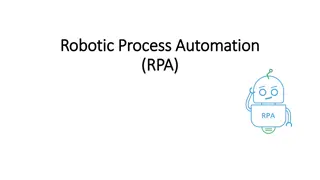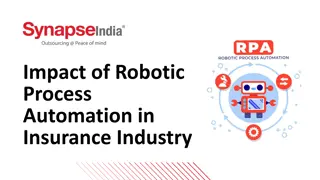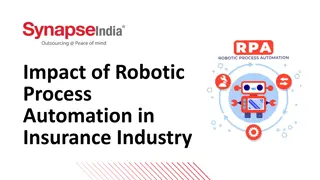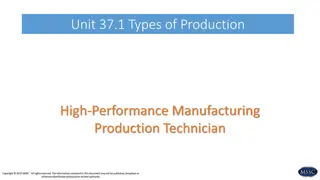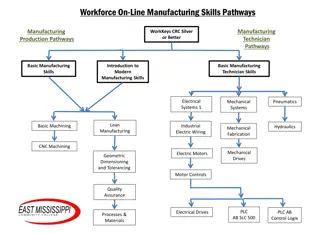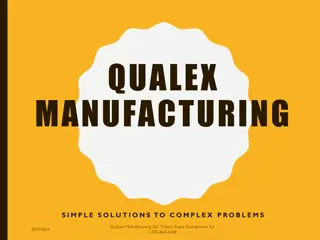Use Cases & Benefits of RPA in Manufacturing in 2024
Enhance your manufacturing efficiency with SynapseIndiau2019s RPA software. Our tailored solutions automate repetitive tasks, improve accuracy, and reduce costs, providing a competitive edge in the manufacturing sector.
Uploaded on Jul 11, 2024 | 4 Views
Download Presentation

Please find below an Image/Link to download the presentation.
The content on the website is provided AS IS for your information and personal use only. It may not be sold, licensed, or shared on other websites without obtaining consent from the author.If you encounter any issues during the download, it is possible that the publisher has removed the file from their server.
You are allowed to download the files provided on this website for personal or commercial use, subject to the condition that they are used lawfully. All files are the property of their respective owners.
The content on the website is provided AS IS for your information and personal use only. It may not be sold, licensed, or shared on other websites without obtaining consent from the author.
E N D
Presentation Transcript
Use Cases & Benefits of RPA in Manufacturing in 2024
Table of Contents Introduction to RPA in Manufacturing Use Cases of RPA in Manufacturing Advanced Use Cases of RPA Benefits of RPA in Manufacturing Strategic Advantages of RPA Future Outlook and Conclusion
Introduction to RPA in Manufacturing Definition of RPA: Robotic Process Automation (RPA) involves using software robots to automate repetitive tasks. Importance in Manufacturing: Enhances productivity and efficiency. Reduces operational costs and errors.
Use Cases of RPA in Manufacturing Inventory Management: Automated stock monitoring and ordering. Real-time inventory updates and management. Quality Control: Automated inspection systems for defect detection. Consistent quality assurance processes. Supply Chain Management: Streamlined order processing and tracking. Improved supplier coordination and logistics.
Advance Use Cases of RPA in Manufacturing Predictive Maintenance: Continuous monitoring of equipment health. Automated scheduling of maintenance tasks. Production Line Automation: Integration with IoT for real-time adjustments. Enhanced flexibility and efficiency in production. Regulatory Compliance: Automated documentation and reporting. Ensures compliance with industry standards and regulations.
Benefits of RPA in Manufacturing Cost Savings: Reduction in labor costs. Decreased operational expenses. Increased Efficiency: Faster execution of repetitive tasks. Higher production rates and throughput. Improved Accuracy: Minimized human errors. Enhanced precision in manufacturing processes.
Strategic Advantages of RPA Scalability: Easily scalable processes to meet changing demands. Flexibility to adjust production needs. Enhanced Decision Making: Data-driven insights for better decisions. Improved forecasting and strategic planning. Employee Satisfaction: Reduced manual workload. Employees can focus on more strategic tasks.
Future Outlook and Conclusion Future Trends: Integration with AI and machine learning. Growth of smart factories and Industry 4.0. Conclusion: Summary of RPA's key use cases and benefits. Encouragement to adopt RPA for a competitive edge in 2024 and beyond.
Contact Us www.synapseindia.com info@synapseindia.com +1855796277 3
